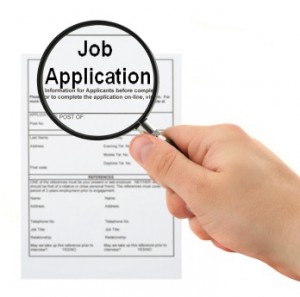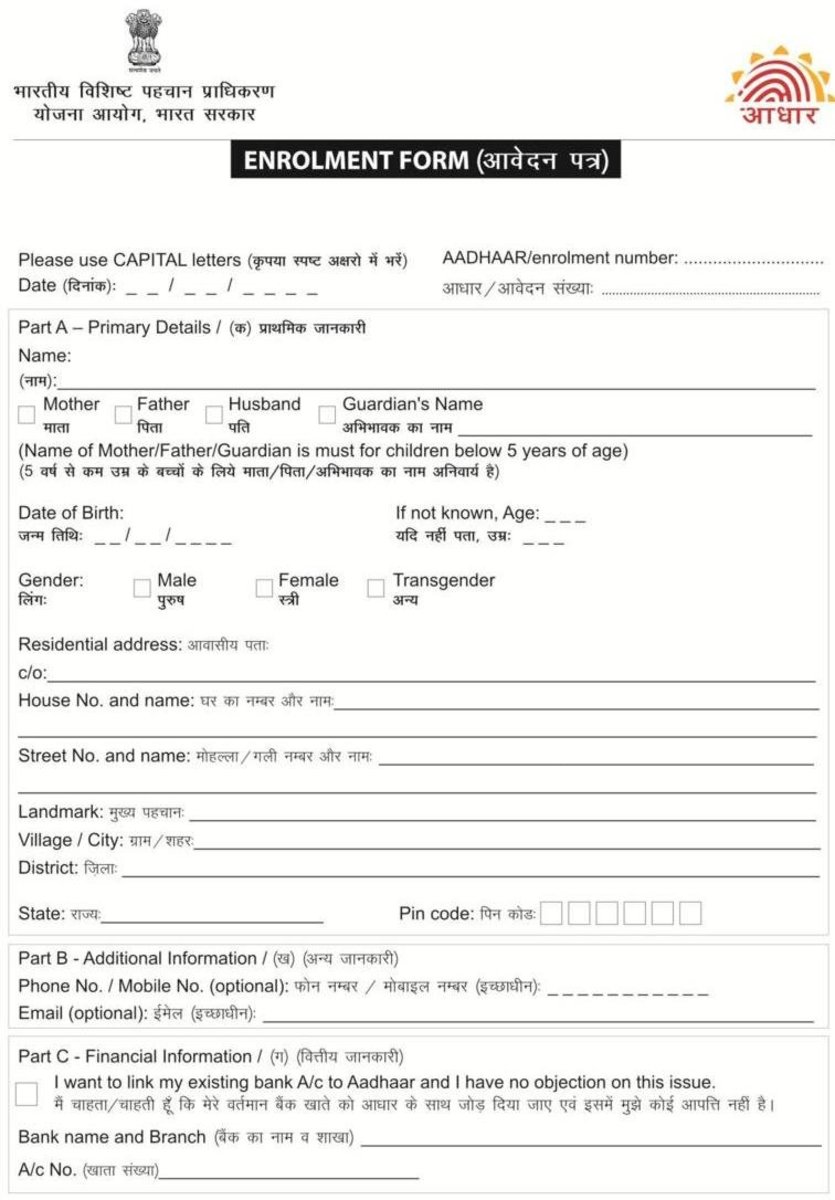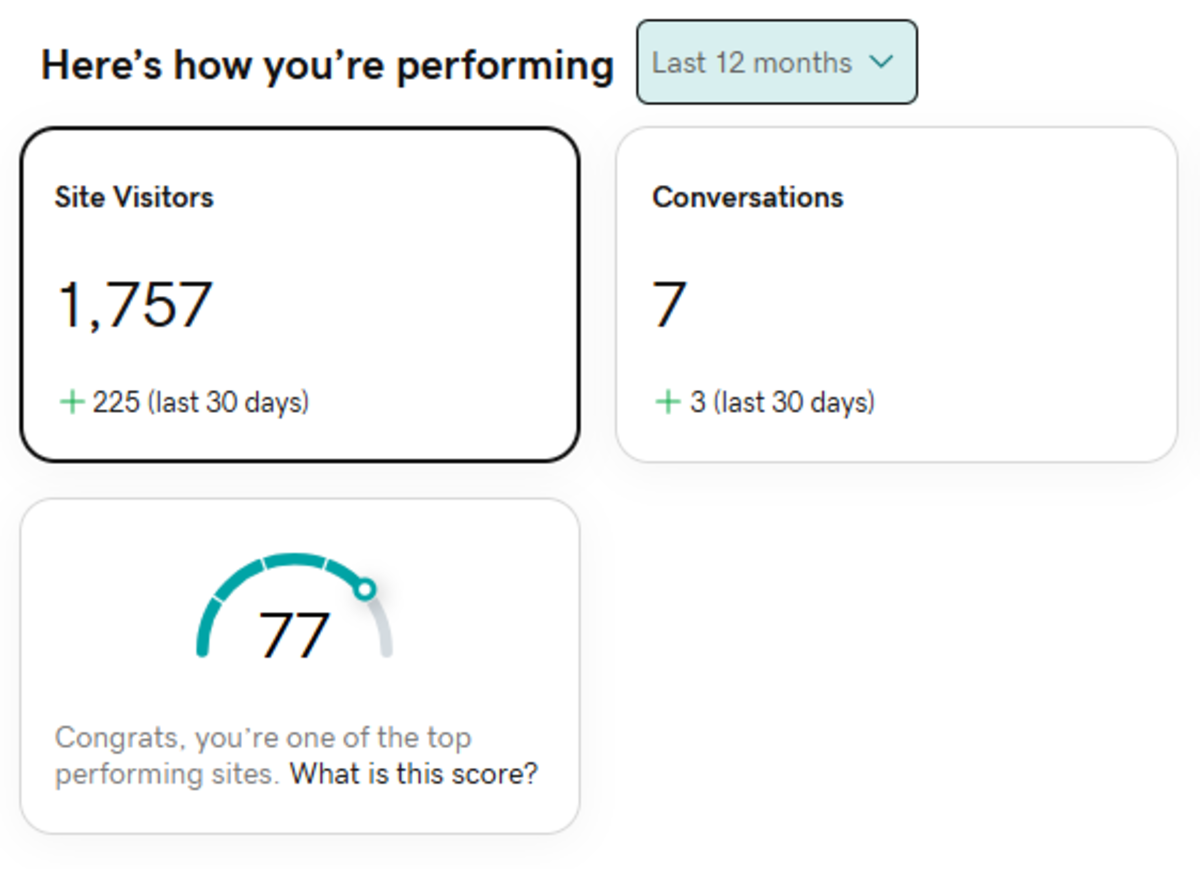Writing a good application form
Starting out
This is always a hot topic, however with loads more people than normal out of work, and many more applications per role for companies to sift through, making your application noticeable is becoming more of a challenge to most. However, I have gathered a number of tips and suggestions to help people in such a task, and I hope this hub will help even a few of you out there!

Personal Details
If you're anything like me, you will find the filling in of personal details over and over again the most tedious job in the world. However, it is one of the most common areas of the application form where mistakes are made! Imagine if a company tried to contact you to invite you to interview, only to find that your phone number and email were incorrect, not the best first impression to give...
So, to avoid silly mistakes, make sure you follow these rules:
- Take your time
- Check, double check and triple check EVERYTHING
- Make sure any job reference numbers are correct before you send it off - you don't want to apply for the wrong job!
- Check your notice period on any current job before entering it on the form, many people get this wrong.
Hopefully, this should ensure the simplest area of the form is completed accurately. Now for the harder sections!

Educational Background
This is an essential part of the application form, as many jobs will ask for at least basic qualifications before they will employ you. The general rule is that you start with your most recent qualification first, and work backwards chronologically from there (e.g. degree, then A levels, then GCSE's).
Important things to include here are any formal qualifications they specifically ask for; this means you then don't need to take up words or space for this in your personal statement. Ensure you have included accurate grades for all of the qualifications you have completed, as this can be, and often is, checked at interview or when you start a job.
Many companies will also ask for the full details of the institution where you studied, so that they can verify the details directly. Make sure you have included the correct details, or this could delay any offer of employment.
One thing that is becoming more valuable to a prospective employer is CPD - Continuing Professional Development. It is usually a key part of annual staff reviews and determines whether you get incremental wage increases, but it is also useful to add it on an application for a new job. If an employer can see that you have kept up to date with all of your relevant training for a previous role, they may be more likely to see you as a conscientious and hard working individual that would be an asset to their team.
Professional Courses
Some employers will ask for any professional qualifications you may have completed, and it is important to include anything you feel is relevant to the job. An example may be an NVQ or a BTEC in the UK, or any CPD that you have completed that is not necessarily directly linked to your previous job, but does show your commitment to ongoing training and development. If you have a certificate to prove you have done it, use it - it may give you the edge over another candidate. Many will also include first aid certificates here, as in the UK it is essential to have first aiders in the workplace as part of Health and Safety directives.
Membership of Professional Bodies
For certain roles, there will be the need to be a member of a professional organisation, such as the Nursing and Midwifery Council for nurses, midwives and health visitors. However, there are also other professional bodies that employees may join, but do not indicate certain standards of qualification in a subject. In the UK alone, the list of organisations is huge, and can be seen at the link here on Wikipedia.
Employment History
Conventions change from one company to the next when they ask about employment history; some will ask for the last 5 years, some will want every job you have ever had. This will depend on the type of role you are applying for as well; an application for a police officer is going to request more history than for a waiter in a restaurant. Whatever the situation, you need to make sure you read the application and only give the information that they ask for. This will be a test of your ability to read the question and give appropriate responses.
So, what do they want to know? There are generally four key pieces of information you will be asked for from each job; here are some pointers on what to include.
- Employer: You may only be asked for the company name, but some employers will want the full address details as well. This is often so they can check your employment history with them, so make sure the details are correct.
- Dates worked there: You may be asked for exact dates, or just the month and year. If you can't remember, you can check with the Department for Work and Pensions (UK) or Social Security (US), or relevant government organisations in your country.
- Job title and duties: This is an important section, not so much for the job title, as for the duties. This allows you to state briefly what skills you have to bring to the new role, and an employer will use this to quickly evaluate whether you have some of the necessary attributes. Be as accurate as you can, and don't elaborate on it too much - they do like to call you on what you put here in interview!
- Reason for leaving: So this is not always an easy section to complete, especially if your employment history has been sporadic, or there have been issues with previous employers. It is important to be honest here, because again, this is something that can be checked. Situations can always arise in life that result in you needing to leave a job, but if you try to gloss over why you left and are caught out, it shows your interviewer that you aren't to be trusted - not a great first impression to give. I had a job in my employment history that was sales based, and I lasted a whole three weeks (which, honestly, was about two weeks longer than I thought it would be). I hated the constant outbound phone calls, and I wasn't very good at it - so I tell people that. Some jobs aren't for everyone, and employers know that.
Personal Statement
This is probably the most important section to get right, after your personal details. The personal statement allows you to tell a potential employer what you can bring to a job role, whether this be personal or work-based skills. It also allows the employer to see how you write, including spelling and grammar; this is especially important if you need good written communication skills for the new role.
So, what to write? The first thing you need to do before any writing takes place is to look at the person specification. This details the specific skills that an employer expects from applicants and employees, and it is important that you meet all of the essential requirements listed. If you don't, DON'T APPLY!!! It makes more work for the people carrying out shortlisting, and reflects badly on you, as it will seem like you haven't read the information.
If you do meet the essential criteria, check the desirable criteria next. This is what the potential employers will go to next to help them make a decision. You ideally need to meet a number of these fields before you apply, to increase your chance of success.
Once you have gone through all of this information, and established which criteria you meet, you need to make notes on how you meet each one. Try to include examples of when you have demonstrated all of these skills; this will give the employer more to go on when considering people for interview.
Once you have made your notes, you can write the statement, ensuring that you put the information in a logical order; you may find that communication skills and team working will fit together, and you could use one example for both. This shows organisation skills, so never underestimate the importance of good writing in this section of the form!
I do recommend composing the statement in a word processing programme, so that you can check both spelling and grammar (although make sure your settings are correct for the country you live in - especially for those of you in the UK!). Getting someone else to check through it afterwards is also useful, to ensure it makes sense, and they may have suggestions for improvements.

References
And finally, we have the references. Employers will expect at least one of your previous employers or education providers to supply a reference of your character and previous work. Make sure you ask permission before giving somebody's details as a referee; although employers and former tutors do expect these requests, it is polite to give them a heads up! Also, as in the first section, make sure the contact details are correct, to avoid delays.
And finally...
Good luck! Make sure, if you are offered an interview, you re-read your application, so you are familiar with what you put. With some jobs, you can be waiting a while before interviews take place, so ensure if you are asked a question about what you wrote, you can answer it! And try not to worry about it too much - if you don't get the job, you still beat a number of other applicants to the interview stage, so keep going!









